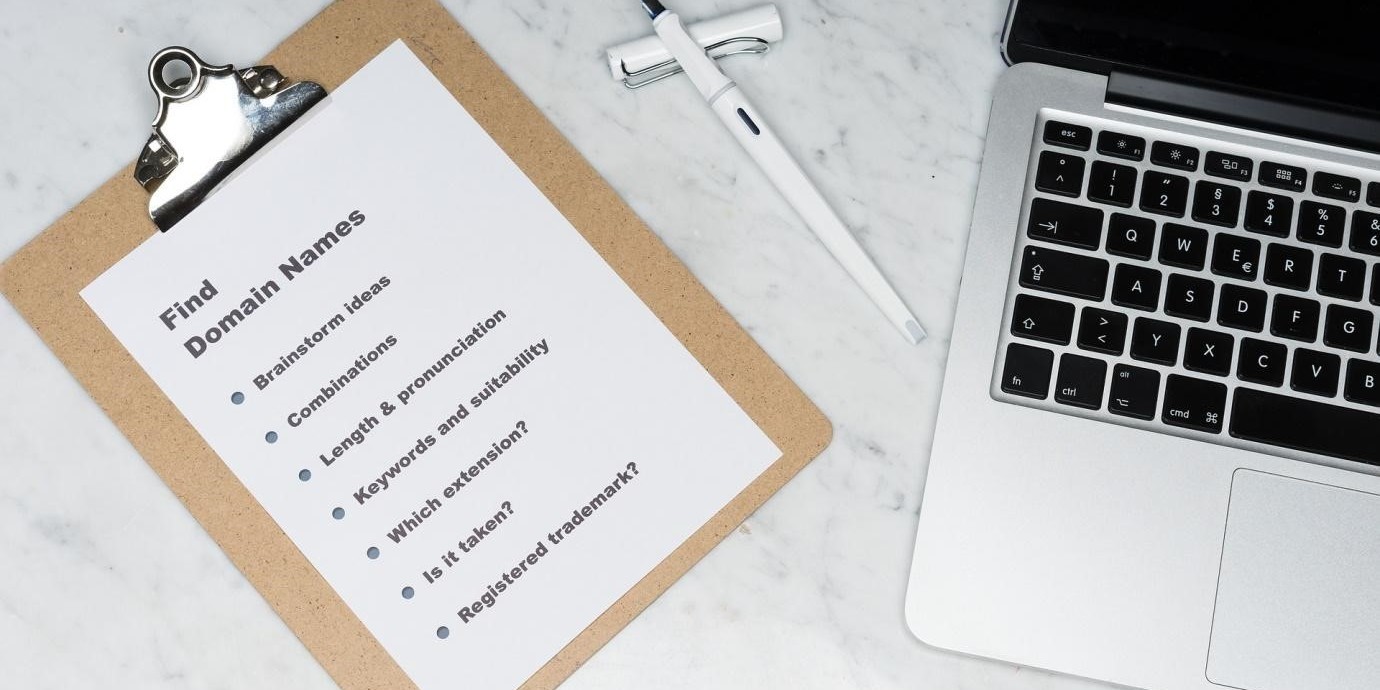Guide to Choosing a Domain Name and How to Avoid Web Hosting Nightmares
Posted on 24th May 2022
At It’seeze, we come across a raft of domain name and web hosting nightmares. One of the most common is that people are confused about domain name hosting and web hosting – to be the bearer of bad news, they’re not the same thing. So, while a provider does offer both under the same roof, it’s important to understand the difference before you ‘sign on the dotted line’. Let’s look into this further and provide you with tips on how to choose a domain name as well as avoid web hosting nightmares.
As many businesses have discovered over the past couple of years, online visibility is crucial in building and sustaining business growth. Online marketing has become an essential part of a small business marketing strategy, as much as professional web design. To help you drive traffic to your website, we’ve put together our guide of tried-and-tested tactics to use.
What’s the difference between domain hosting and web hosting?

In simple terms, domain hosting is where a provider stores your domain name, manages its registration and facilitates the transfer of the domain name where requested. Think of it as a street address for your website – it directs people to your website but remember, it is not your website content.
Web hosting is where a provider stores your website’s content, like all the text, videos and images, but it is not your website’s ‘street address’. A web hosting provider will store every aspect of functionality and information for your website on their servers.
Most of today’s hosting providers give you the option to select one or both options, but if you decide to change providers, it’s important to remember they are different.
How to choose a domain name

Most people put a lot of thought into choosing their company name. They will often have the same name for their website domain name – not that doing this is necessarily wrong, but it could mean that you have a domain name that is too long, forgettable or the same as another company’s name. For example, if your company name is Braithwaite Interiors & Exteriors Ltd and you want to use the same name for your website domain, the URL (Uniform Resource Locator) would be ‘braithwaitesinteriorsandexteriorsltd’.
Now, that’s a rather long domain name! But you could shorten it to just ‘braithwaiteinteriors’, which isn’t too long, is easy to remember and type – particularly on mobile devices – and is the same brand as the company name.
So, now we’ve got you thinking about your domain name. How do you choose the right one?
Make it short and easy to type – as we’ve described above, the shorter and easier it is to type, the better for the consumer. With 68% of all internet searches being done via mobile devices, you really need to consider how quick and easy your domain is to type into a mobile device internet search.
Make it memorable – You might think it’s cool to use the abbreviated version of a word, i.e. ‘x’ instead of a cross or ‘u’ instead of you. However, you may find that it’s harder for people to remember your website domain name than it is to type in the full word.
No numbers or hyphens – this is not to say you can’t use numbers or hyphens, you can, but will your consumers use them? The majority of people, when typing in a domain name, think words and not numbers. The same applies to hyphens; often, we see two domain names that are the same, except one has a hyphen in it whilst the other doesn’t.
Keywords – this isn’t always possible but if you can, add a keyword into your domain name. This boosts your Google ranking and immediately tells people what your business is about.
Research it! Possibly the most important aspect of choosing a domain name is researching it. When you’ve decided on a domain name, there are three things you need to check
- That it’s not trademarked.
- That it’s not copyrighted.
- That it’s not being used by another company (nationally and internationally).
If you breach any of these, not only could you be potentially facing a huge legal bill, you could
also lose the right to that domain name. You can check if a domain name is being used through
dedicated domain name sites, like names.co.uk and Hostinger, or your website hosting provider.
.co.uk or .com – this is always a big question and can cause confusion. In most cases, .com is linked with international commercial companies (.com stands for commercial) whilst .co.uk is associated with UK registered companies. If your business is directly targeting the UK market, .co.uk is going to draw more traffic to your website, particularly on a local level. By purchasing .com and .co.uk for your website, you are able to cover both avenues and potentially offer .com in several different languages to capture your overseas market.
Once you’ve ticked all the above, it’s time to purchase and register your domain name.
Web hosting tips

The web hosting service you choose can make or break your website. Common web hosting nightmares include slow loading time, a lack of customer support for you, poor security, little scalability and too expensive. So, how can you avoid web hosting nightmares?
Make sure it’s scalable – whilst you might be starting small, your business will grow and if your website hosting provider can’t grow with you, and is not able to handle an increase in website traffic as well as pages and content, it could impact your business in the future.
24/7 customer support – this is absolutely essential, whether your hosting provider is based in the same country as your business or not. Do they have a live chat facility? Can you call them? How quickly do they respond to emails?
Website security – another critical factor is how secure will your website be, particularly if it’s an e-commerce site? Make sure your website hosting service installs an SSL certificate and your website will be hosted on HTTPS as standard. Also, consider whether it comes with a firewall or anti-malware protection.
Software updates – firstly, find out how frequently they update your hosting/website software and whether they are carried out at a convenient time, i.e. not right in the middle of your busiest period.
Uptime – by this we mean how much ‘live’ time your website will have. Any downtime, i.e. when your website is not available, will impact your business and your search ranking. So, look for a hosting provider that has a high uptime – 95% to 99.9% is good – but beware of those that say 100% uptime because that’s realistically impossible.
Considering all of these aspects should ensure that you select a web hosting provider that is up to the job for your business, not just now but in the future, too.
It’seeze Twickenham web design company deliver affordable, professional custom-designed websites that promote your business and brand successfully. As a local web designer, we are able to provide a highly personalised service and ongoing expert support. Opt for a free Website Health Check that will ascertain the areas where improvements can be made to your existing website, or we can build a new website that matches your needs. Call us today to create the website of your dreams and turn your business into a success. Contact us for more details.
Share this post:
